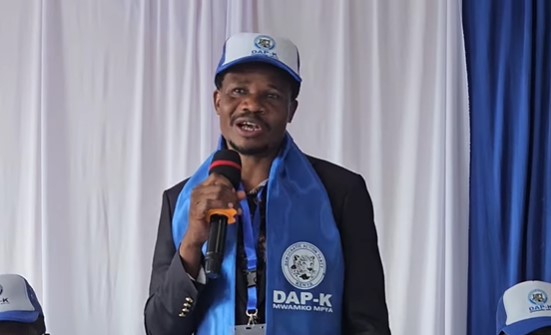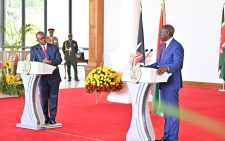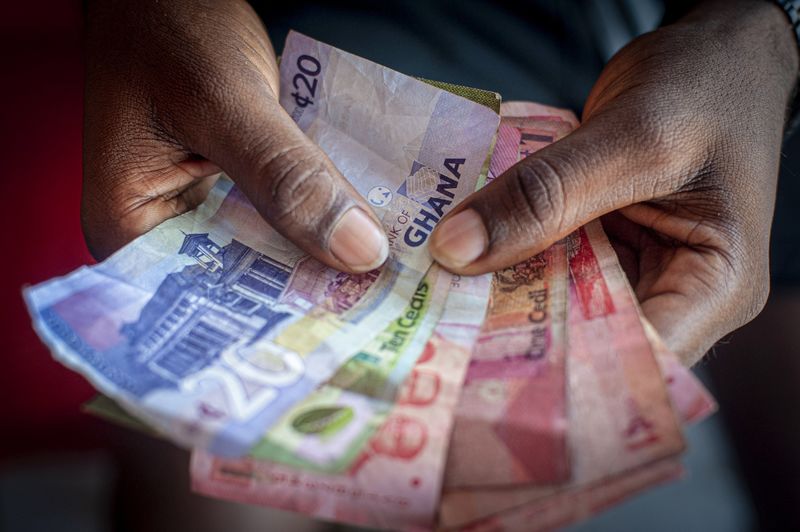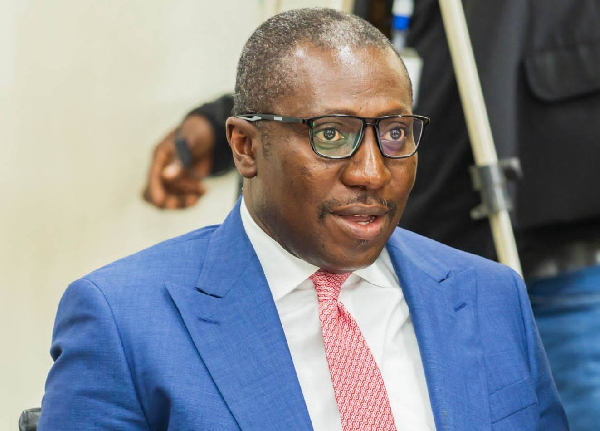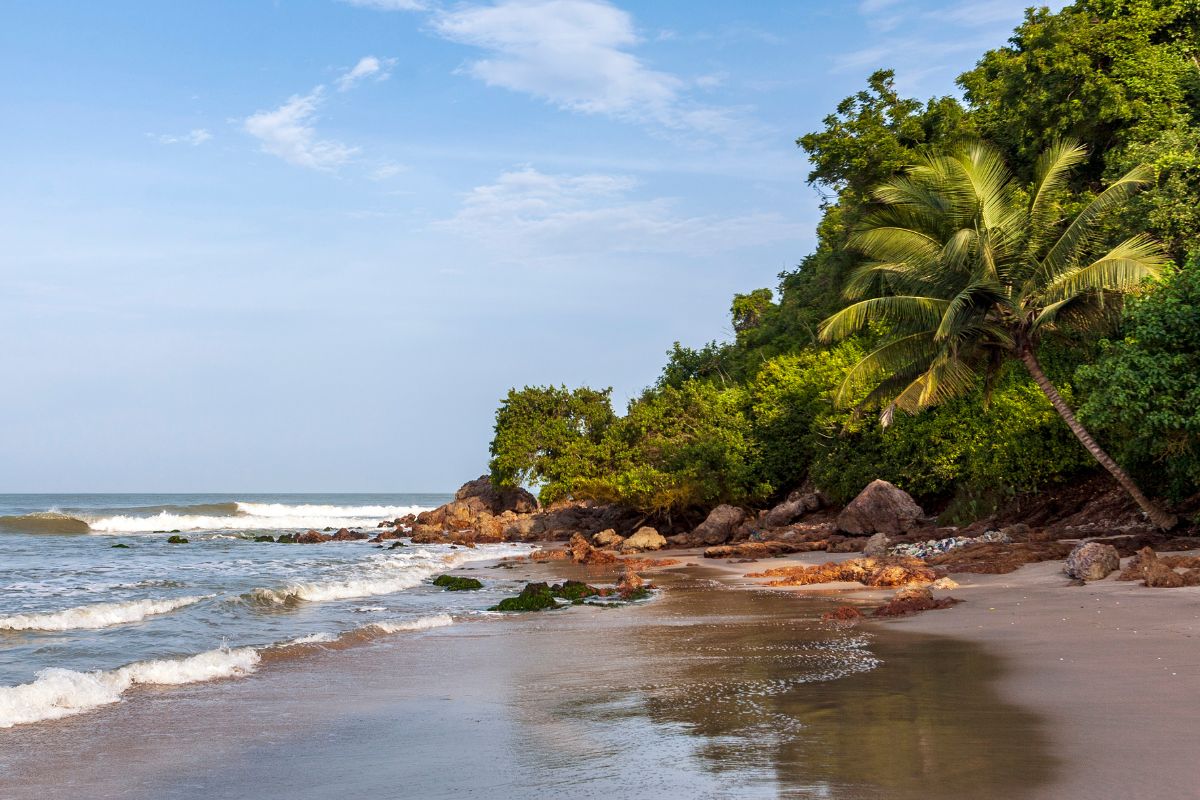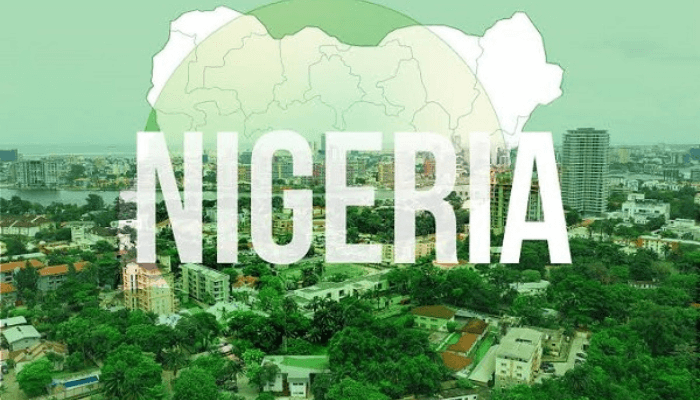AU's untapped potential for alliance with civil society
Friday 07th February, 2025 03:00 AM|
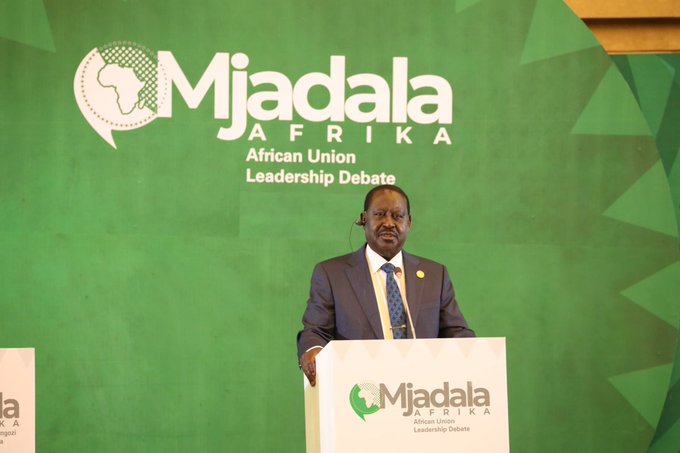
Elections of the African Union Commission’s (AUC) top officials will be held on 12-16 February, kicking off with six commissioners.
In 2021, the Assembly of Heads of State and Government resolved that as part of ongoing institutional reforms in the African Union (AU), its secretariat – the AUC – shall comprise eight members. This includes the chairperson, deputy chairperson and six commissioners. The Assembly also decided to enhance the transparency and meritocracy of the leadership selection process. The new process came into effect in January 2021.
For the position of chairperson, Kenya’s former Prime Minister Raila Odinga will square it out with Madagascar’s former foreign minister, Richard Randriamandrato, and the current foreign affairs minister of Djibouti, Mahamoud Ali Youssouf. All the three candidates are from Eastern Africa, in keeping with the new rules on rotational leadership.
All the six candidates for deputy chairperson are from northern Africa. Algeria and Egypt have two candidates each, while Morocco and Libya have one each. In situations where more than one candidate from the same country have been cleared, it’s not clear who has the backing of their government. However, given that heads of state and government are the electors of the chairperson and deputy chairperson, more clarity will emerge as to who between Salah Francis and Selma Malika (Algeria), and Mohammed Ahmed Fathi and Hanan Morsy (Egypt) have the support of their respective governments on “D-Day”.
Libya and Morocco are fielding Najat Elhajjaji and Latifa Akharbach, respectively, making it easier to mobilise support for their candidates in the hard and shrewd political bargaining that will ensue as the elections draw closer.
It’s a given that as the foreign affairs ministers will be casting their ballots for the six commissioner positions, they will be doing so from clear and unmistakable positions informed by the reciprocal support or otherwise of the candidate’s government for their preferred candidate for positions of chairperson or deputy chairperson.
Five countries – Niger, Mali, Guinea, Burkina Faso, and Gabon – stand suspended from the AU due to military coups, and hence won’t vote in the AUC elections. Three candidates have been cleared to vie for the position of chairperson, while six will contest the position of deputy chairperson.
Proponents of Kenya’s candidate, Raila, have hailed him as a tested and towering statesman with surpassing credentials, deeply rooted in his sense of African identity, and demonstrated commitment to Pan-Africanism and reforms that seem to be the core of his political philosophy.
No doubt, these credentials are of great interest to the civil society in Kenya and on the continent as a whole. The vision of the African Union is that of “an integrated, prosperous and peaceful Africa, driven by its own citizens and representing a dynamic force in the global arena”.
For instance, the AU recognises “the need to build a partnership between governments and all segments of the civil society” in its Constitutive Charter, further highlighting “the contribution of civil society to a united and strong Africa”.
One of the key objects of the African Charter on Democracy, Elections and Governance is to promote establishment of necessary conditions to foster citizen participation, transparency, access to information, freedom of the press and accountability in the management of public affairs.
The need for meaningful involvement of citizens towards development goals and frameworks like Agenda 2063, and the AU’s stated ambition for a people-centred implementation of governance, peace and security policies as contemplated in its constitutive and supportive instruments has generated considerable public interest in the AUC elections.
This potential for effective citizens’ mobilisation and substantive collaboration with the AU remains largely untapped, hence the need for reforms.
— The writer is the Executive Director of the Kenya National Civil Society Centre; [email protected]
For these and more credible stories, join our revamped Telegram and WhatsApp channels.

